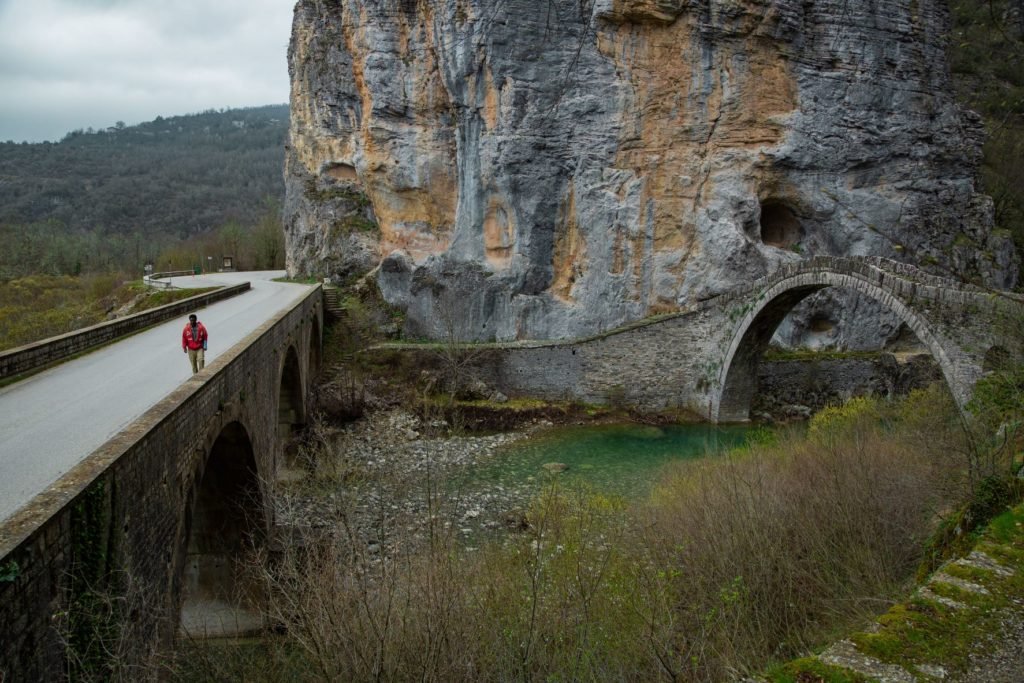By Mado Gianni,
It was the fifth of July of the year two thousand fifteen which would be remembered as the day of the most controversial referendum in the history of Greece. The events were unprecedented, the moment was big. Temperatures were increasing as the summer was closing in. People were tense, agitated, unforgiving. It was a crucial moment for Greece while the rest of the world was watching.
Beckett was shot in the spring of 2019 and was released in the summer of 2021. The moment could have been big as Netflix streamers were stranded inside their houses looking for something to watch, but expectations were tramped. The film touches upon the election rally, which took place in February 2015, between the center-right, pro-European “conspirators” and the anti-austerity and anti-European center leftist leader who in the film is referred to by the surname “Karras” (Yorgos Pirpassopoulos). Yet, in its attempt to give a fictional spin to the story, the film employs an array of stereotypes that make it hard to dismiss the prospect of a political agenda.
It begins by introducing us to our American protagonists, April (Alicia Vikander) and Beckett (John David Washington), who are touring Greece in an attempt to escape the riots that will take place in Athens. In a terrible car accident, April dies —before we even get a chance to understand her character in the film— and Beckett is confronted with a complicated reality: the cops who should be helping him recover from the accident, want to kill him. Have the cops teamed up with the Sunrise* to try and cover up some illegal scheme? It is not clear but it is implied. Stereotype number one: the association of Sunrise with the police.

As the chase begins across mainland Greece, Beckett tries to communicate with the U.S. embassy who instruct him to go straight to Athens. Sketchy? It is kind of obvious that something is cooking down at the embassy. Stereotype number two: an American conspiracy. The cops have now left their jurisdiction and are tracking down Beckett killing everyone that he has come in contact with. Our protagonist is lucky enough to bump into Lena, a German activist (Vicky Krieps), who has come to assist with the riots and “save” Greece from the tyrannical regime of central Europe. Stereotype number three: the victimization of Greeks. Meanwhile, there are a lot of references about a kid who has been kidnapped and who is the nephew of Karras.
As complicated as everything has got, Beckett arrives in Athens with Lena’s help and goes to the U.S. embassy, only to find himself walking into the trap itself. Americans have gone undercover now plotting with the Greek authorities in kidnapping Karras’s nephew in a threatening attempt to bring him down from power so that he does not win the upcoming election. Stereotype number four: a well-mobilized Greco-American conspiracy against the good and innocent populace of Greece.
Beckett manages to escape his perpetrators once more and finds himself amidst the downtown riots that have begun in support of Karras. The riots that he and April tried to escape from at the beginning of the film. Yet, nothing feels related. By the end of the film, Karras has been publicly assassinated and Beckett has somehow found his nephew whom he heroically saves by jumping off a five-stories parking terrace. A lot has already been said about John David Washington’s (Beckett) unnerving performance. Adding to that, the fact that his character has been written to react to events instead of controlling them does not help him much either.
“Filomarino (the director) keeps Beckett running for his life, but we have no incentive to care whether he’ll live or die”, says Oddie Henderson of Roger Ebert, and he cannot be more right about this observation. David Ehrlich of Indie Wire describes the whole movie as an “Ambien trip”, which would have worked out better if it was not based on real events.

Greece has long been a divided country for reasons that transcend the historical accounts of a United Europe. Its geographical location has always rendered it the crossroads between the East and the West and even more so the political, economic, and social circumstances of the 19th and 20th centuries have only enhanced the cultural divide which is quite evident in 21st century Greece.
In 2015, Greece was as divided as it has been a few times since the establishment of the Greek nation-state in 1830. Following the Wall Street crash of 2008, the up-to-then supposedly affluent Mediterranean country fell into a deep economic crisis that led her to her detriment. Greece had no choice but to agree to a plan that would get her back on her feet. Allegedly, a plan that was orchestrated by the wealthier northern European states in an attempt to control Greece and take over it. At the dawn of 2015 and towards the referendum of July, an exasperated crowd was demanding to be freed from the machinations of the “evil” European Union whilst a quiet and patient other half was fearing the prospect of a bankruptcy that would send them looking for a place in the sun, as Greece’s future looked as grim as ever.
Anarchy, hysteria, and turbulence would be the least that would ensue if the country were to be thrown out of a currency that had a dominating role in the global market.
Drawing back to my critique of Beckett, it simply fails to explain the facts and elaborate on the story as if it had some significance. Instead, the film is arguably an uninteresting chase around rural Greece that blends in with a hectic urban adventure that by the time it is over, the spectator is left feeling more confused than they did at the beginning of the film.

On the good parts, the scenery was absolutely beautiful and it shows a part of Greece which is rarely shown off. In contrast to popular perception, the film was shot during the spring which is an interesting period as a backdrop, when deliberating over a summerly-oriented country such as Greece. Also, the riots in Athens were depicted in a very factual manner because that is indeed how things unraveled during 2015.
In conclusion, it is a shame really, that an expert team such as this one with Sayombhu Mukdeeprom behind the camera and Ryuichi Sakamoto writing the music for the film would fall so short because of its weak, superficial, and insubstantial scenario. Apart from that, the director of the film, Ferdinando Cito Filomarino is also partly responsible for what can only be described as a forced-upon action plot that would fulfill the American ideal of a “thriller” movie.
Just because there is a movie-worthy topic to be written about and depicted on the big screen, does not mean we should exploit our reserves and create something that won’t have the slightest impact on its audience.
*far-right ultranationalist party in Greece.
References
- Beckett, Roger Ebert. Available here.
- ‘Beckett’ Review: John David Washington carries a Netflix thriller from Luca Guadagnino’s protégé, IndieWire. Available here.
- Beckett review: Netflix thriller is adequate if uninspired Greek escape, Entertainment. Available here.




